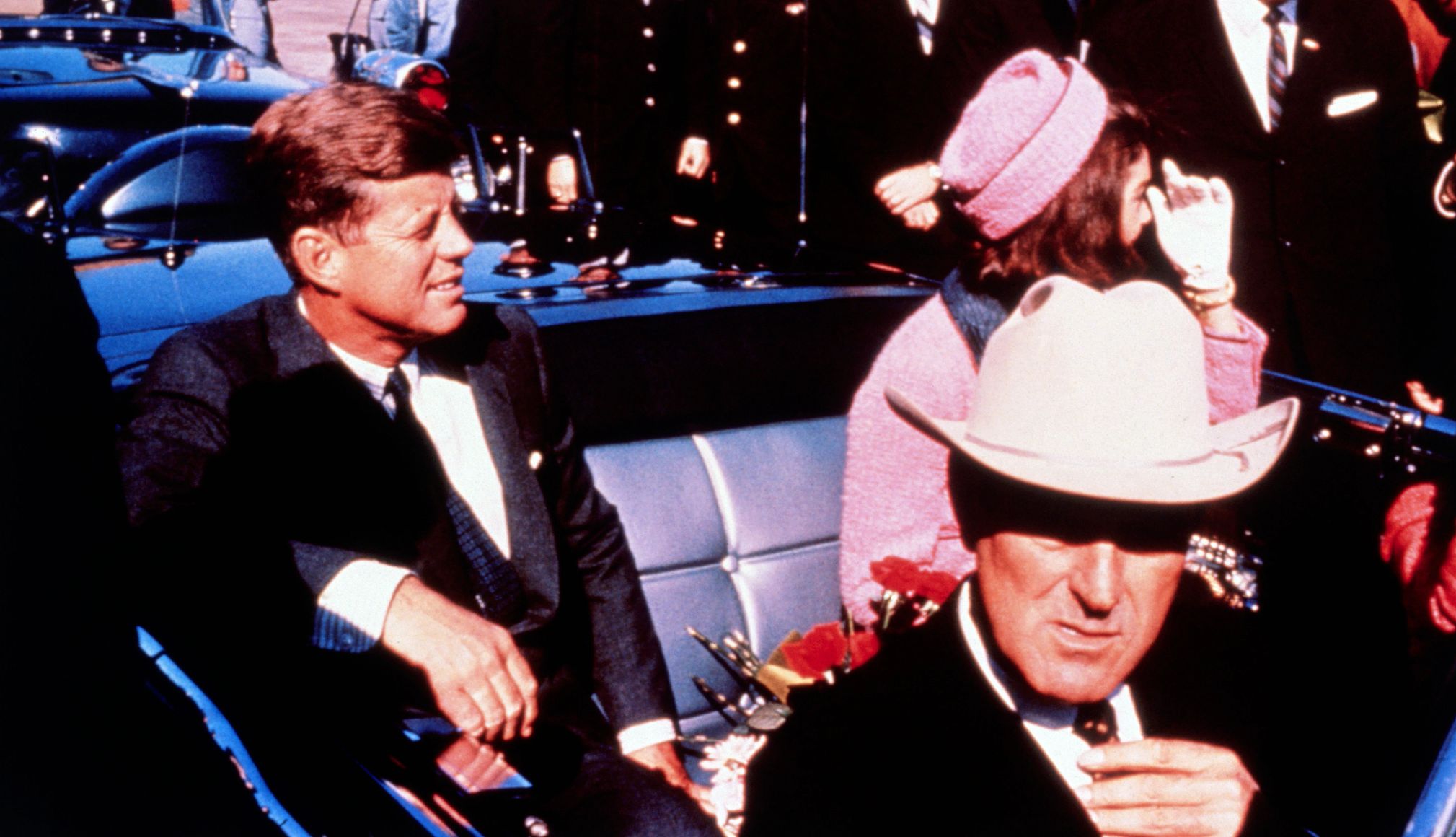
- Select a language for the TTS:
- UK English Female
- UK English Male
- US English Female
- US English Male
- Australian Female
- Australian Male
- Language selected: (auto detect) - EN
Play all audios:
PMQs this week was a very different affair from what we’re used to. For a start, of course, it was largely held over Zoom (though some MPs did attend in person — there didn’t seem to be that
much rhyme or reason as to which ones did). We got to see the insides of MPs homes, the impressive bookcases, the taste in art and in some cases the very plain white walls. While Zoom has
been a Godsend for business, ensuring that for some people work can continue from home, it brought a certain flatness to the proceedings. PMQs is largely about the theatre and spectacle of
hundreds of grown men and women jeering loudly at each other for 30 minutes a week. There was none of that. Secondly, of course, it wasn’t led by Boris Johnson, who is still recuperating
from his hospitalisation for Covid-19. But then again, a senior cabinet minister will often deputise for the Prime Minister if he or she is unable to appear. It is unavoidable that we have
seen little of the Prime Minister, but it still feels a little odd having his deputy as the face of the crisis response. More significant than this was the presence of Keir Starmer, who
appeared for the first time at the Despatch Box as Leader of the Opposition. It was time to find out if his style would fit with the new normal. Could he get the right tone? Well, the
reviews are in, and as expected, Starmer is a solid but slightly unexciting hit which, tonally at least, was exactly the right balance to strike. He is perhaps lucky that his first outing
was in circumstances so suited to his style. When the roar of the crowd returns to the chamber, he may be expected to go more on the attack and it will be interesting to watch how he adjusts
to that. But even though he was less attacking than a Leader of the Opposition would be in normal times, his questions amounted to a valid narrative of government failure. He put in a
performance that was widely described as “forensic”. If you were anywhere near Twitter yesterday you won’t have been able to miss that word. I am unclear whether lots of commentators decided
that was the right word, or if this is a sign of a new, subtle communications effort by the Leader’s office. It’s perfectly possible it’s both. Either way, he pivoted well and seemed to
anticipate Raab’s answers, in order to better take them apart. Every Leader of the Opposition has a different approach to PMQs. Jeremy Corbyn used it as a chance to create short clips that
would do well on Facebook. He preferred to speak past the PM and to address the country – or at least those parts of the country that were open to his message. Yesterday, Corbyn also chose
to come into the Commons, rather than participating via Zoom. As someone in his 70s he shouldn’t have done this. He should be self-isolating. Corbyn’s favoured style was always bombast.
Sometimes it worked and sometimes it didn’t. But whereas Corbyn got his speaking ability from rallying protestors, yesterday Starmer drew on his strengths as a barrister and advocate. He is
building a case about the government’s handling of the crisis. He offers support but blends this with a critique. He seems to be building the basis of a devastating case of mismanagement, to
be delivered in full once the crisis has passed. PMQs is the first test of any Prime Minister or Opposition Leader. To undergo it in such circumstances was difficult. Starmer passed this
test. Not flashily, but fully.








